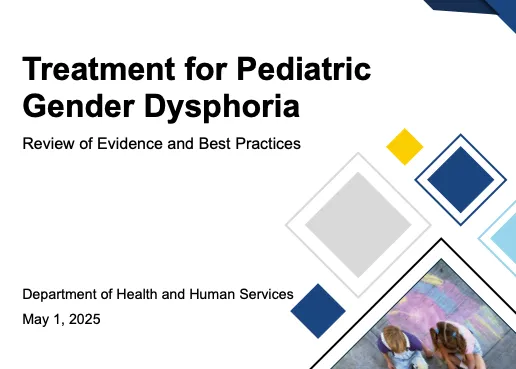Dr. Ranjana Srivastava is an Australian oncologist. In this compelling opinion piece from The Guardian that we’ve linked here for you, Srivastava describes how “sexual health is one of the most affected – and woefully ignored – quality of life indicators in cancer patients.” Specifically, she ponders the common and often uncontested dismissal of “sexual difficulties” as a consequential medical problem. Although many (87% according to one cited study) cancer survivors have sexual concerns – from sex-act pain to low libido – many are not given the space and attention within their healthcare to get a diagnosis and work toward resolving these issues. Sexual dysfunction of this sort is simply not taken seriously, in large part due to sentiments of gratitude for having survived cancer “precluding any expectation of being sexually whole.” But the science is clear that healthy and pleasurable sex can be effective medicine for a diversity of patients. As is the case with sex education curricula design, there is a great need for sexual pleasure to be given more weight in healthcare systems. Although the World Association for Sexual Health (WAS) issued a declaration in 2019 that affirmed that “sexual pleasure is a fundamental part of sexual rights as a matter of human rights” and called for sexual pleasure to be “integrated into education, health promotion and service delivery, research and advocacy in all parts of the world”, institutions from hospitals to schools have yet to substantially incorporate such values into their operations and missions. If you’re so inclined my dear sexual subjects, take a gander at the WAS’ full declaration HERE.





